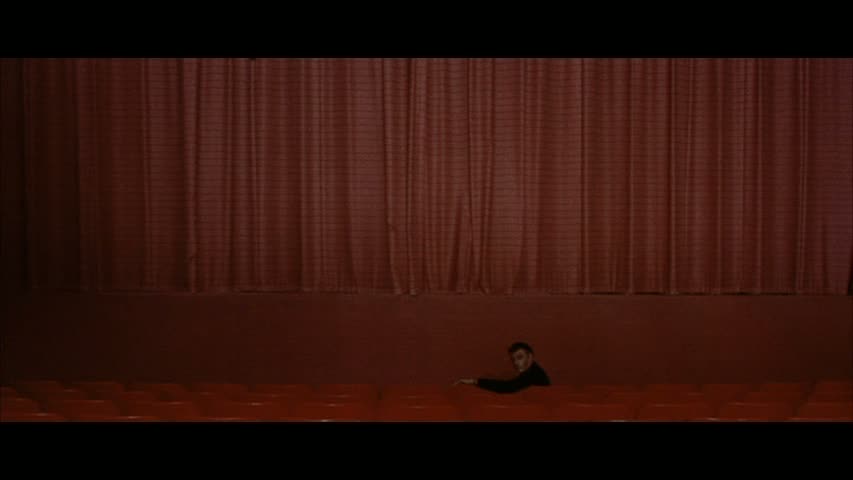“They're coming here. They're waiting at the edge of the city. They're peering around buildings at night, and they're waiting.”

Messiah of Evil is oddly poetic, for being such an unrelentingly bleak and haunting film. On paper, it seems straightforward: a woman travels to a cloistered seaside town in search of her missing father, encountering odd locals and uncovering long-hidden secrets. Everything about the film is designed to confuse, however, right from the film’s two seemingly unconnected starts, down to its false climax. It’s a mash-up of highly stylized Italian giallo films, crossed with the then-nascent, more visceral horror of films such as Night of the Living Dead. The film’s look varies from solitary figures surrounded by nothing but the black of night to garish color splashed across the scene (quite literally so in the film’s false climax). Dialogue is sparse and elliptical. It’s a meditation on isolation and alienation, as the film’s first act amply demonstrates – nearly every scene is either a figure by themselves, or 3 people at most speaking in stilted chopped sentences. Every protagonist is an island unto themselves – the estranged father/daughter, the aloof aristocrat and his constantly-at-odds traveling companions – and all of them are even further removed from the townspeople. Of particular note is the use of music during the film’s horrific peaks, wherein the directors purposefully utilize cues that do not match the on-screen action, throwing the viewer off-balance. Wagner in the truck, jazzy muzak in the supermarket attack, the incidental noises and barroom piano in the theater scene (this one scene alone could provide reams of analysis, as our victim is eviscerated by the audience members directly in front of the screen, making us viewers implicit in her demise); all serve to highlight the not-quite-right atmosphere of the film. While the film it is most often compared to is Carnival of Souls, I was struck by the similarities to Lovecraft’s short story, “The Shadow Over Innsmouth.” A protagonist who returns to an ancestral coastal town, curiously devoid of inhabitants and the normal routines of life; a canary in the coalmine of a drunk, who the evil forces had previously taken as harmless; a century-old legend of a harbinger of evil who disappears into the sea; themes of degeneracy and that of being less-than-human; the inability to escape one’s own past (and therefore, future): all are accounted for here in this inspiring tone poem of a film.

No comments:
Post a Comment